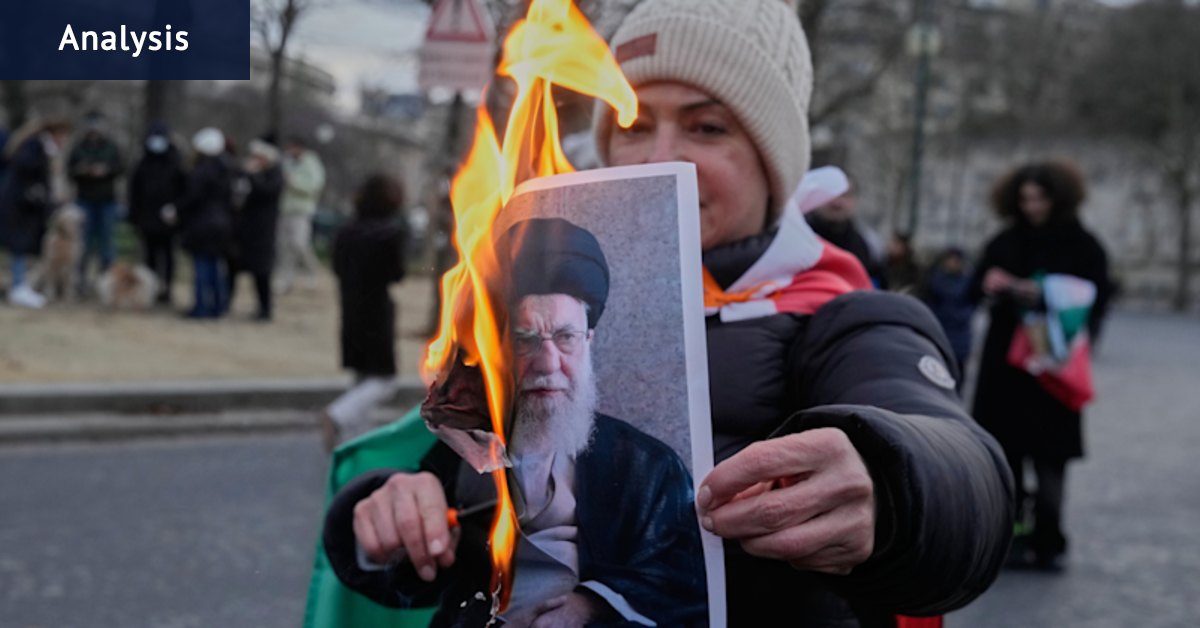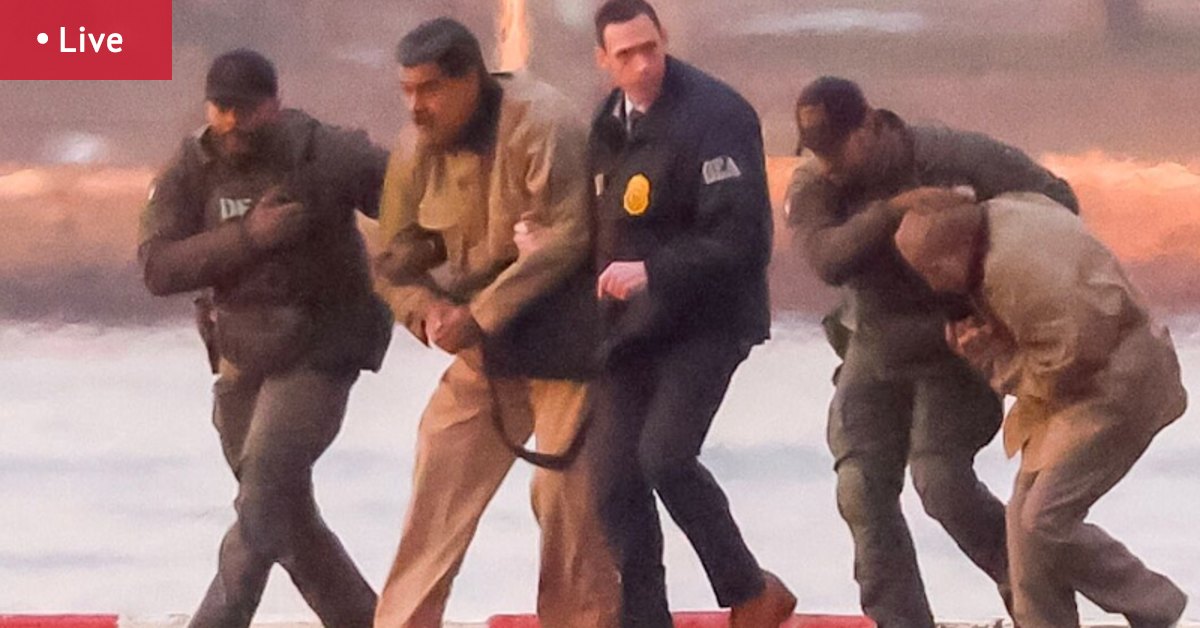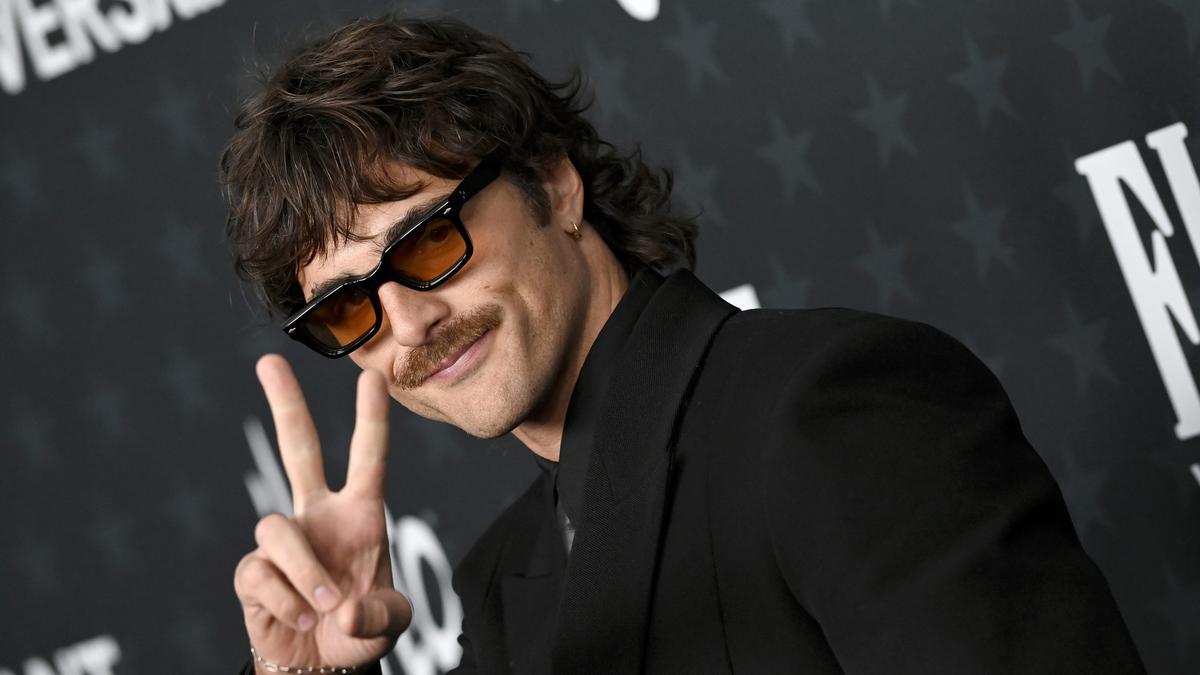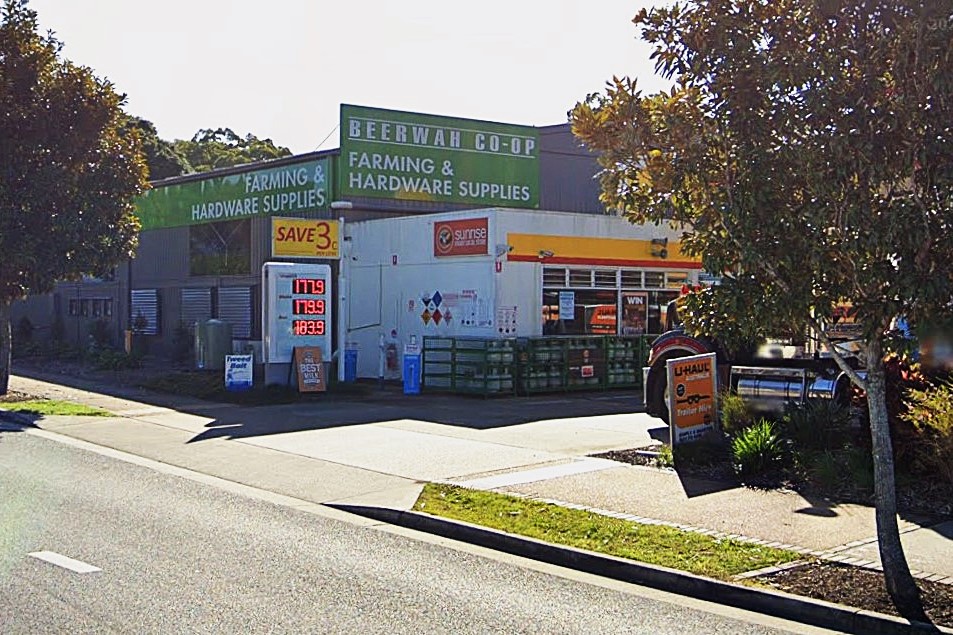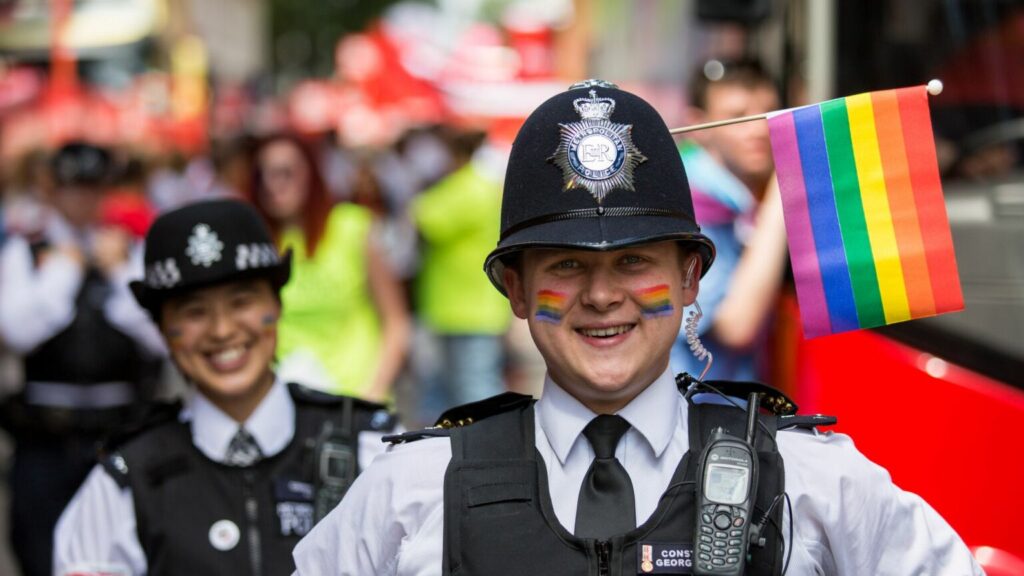
LONDON, ENGLAND - JUNE 27: Police officers take part in the annual Pride in London Parade on June 27, 2015 in London, England. Pride in London is one of the world's biggest LGBT+ celebrations as thousands of people take part in a parade and attend performances at various locations across the city. (Photo by Rob Stothard/Getty Images)
The arrest of Graham Linehan, renowned for his work on the television series “Father Ted,” has ignited widespread controversy. Linehan was detained by five armed officers at Heathrow Airport on Monday, following his arrival from Arizona. The arrest was linked to three tweets from April, which are under investigation for allegedly inciting violence. This incident has prompted a national debate over policing priorities and free speech.
Labour leaders have responded with caution. UK Prime Minister Keir Starmer remarked that policing social media should not be a priority for the Metropolitan Police. Health Secretary Wes Streeting echoed this sentiment, stating that he preferred police officers to focus on “policing streets and not tweets.” Despite these statements, neither leader has offered a robust defense of free speech, leaving many to question the party’s stance on the issue.
Historical Context of Policing and Activism
The arrest of Linehan is seen by some as the culmination of a long-standing shift in British policing, which began nearly two decades ago during the latter years of Gordon Brown’s premiership. Since then, UK police forces have been perceived as increasingly aligned with activist groups, notably Stonewall, an LGBT lobby organization.
This alignment traces back to 2008, when Stonewall published a report titled “Homophobic Hate Crime: the Gay British Crime Survey,” funded by the Home Office. The report painted a dire picture of homophobic violence in the UK, a conclusion that seemed at odds with the experiences of many at the time. The UK was home to numerous openly gay public figures and hosted significant Pride events, suggesting a more accepting society than the report indicated.
Stonewall’s Influence on Policing
Stonewall’s report recommended that police identify “homophobic hate incidents” even if victims did not recognize them. This approach allowed for an expansion in the reporting of hate crimes, contributing to the perception of a crisis. Additionally, Stonewall encouraged police forces to join its “Diversity Champions” scheme, offering guidance on becoming more inclusive employers. By 2021, most British police officers were part of this scheme.
The influence of Stonewall became more apparent with the publication of their 2013 report, which included a foreword by Alex Marshall, then chief executive of the College of Policing. Marshall’s endorsement of Stonewall’s agenda marked a significant integration of the group’s principles into policing practices. Notably, the report shifted focus from “gay” to “LGBT,” reflecting a broader agenda that included trans activism.
The Rise of Trans Activism in Policing
Under Ruth Hunt, Stonewall’s focus shifted towards trans issues, and this agenda was incorporated into police training. Officers were educated on transphobic hate crimes, often through narratives from trans activists. This shift in focus has been criticized for presenting activist myths as facts, such as the claim that trans individuals, especially youth, face a suicide epidemic due to societal bigotry.
Linehan’s arrest can be seen as a consequence of this decade-long intertwining of trans activism with policing. While shocking to some, the incident reflects a broader trend of police actions being influenced by activist organizations like Stonewall.
Implications and Future Considerations
The arrest of Graham Linehan has sparked a national conversation about the role of police in regulating speech and the influence of activist groups on law enforcement. Critics argue that the focus on social media policing detracts from more pressing public safety concerns. The debate also raises questions about the balance between protecting vulnerable communities and upholding free speech rights.
As the UK grapples with these issues, there is a growing call for a reassessment of policing priorities. The challenge lies in ensuring that police actions are guided by public interest and legal principles, rather than the agendas of specific advocacy groups.
Malcolm Clark, former head of research for the LGB Alliance, has been vocal in his criticism of the current state of policing. His insights, along with those of other experts, highlight the need for a nuanced approach to law enforcement that respects both diversity and freedom of expression.
The conversation around Linehan’s arrest is likely to continue, with implications for future policy decisions. As the debate unfolds, it remains to be seen how the UK will navigate the complex intersection of activism, policing, and free speech.
